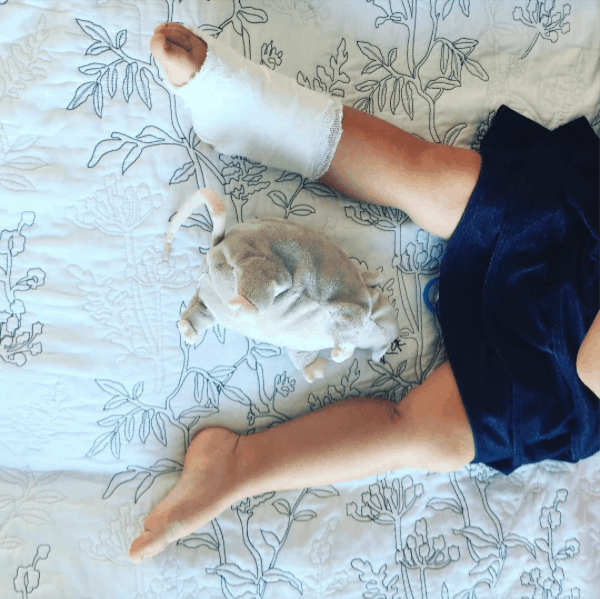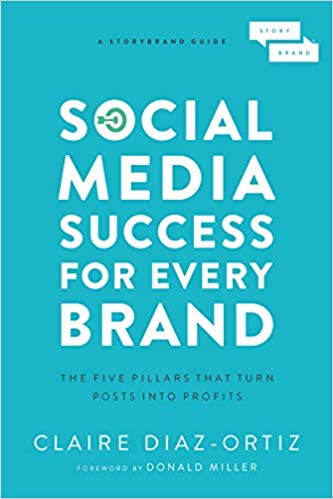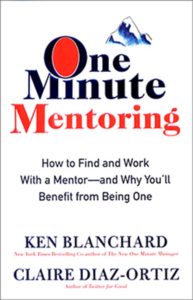The past two weeks, it’s felt like I’ve been doing a whole lot of not doing much. I’ve been sick, my daughter has been sick, we’ve had family staying with us, and with winter approaching I’m already feeling the all-around energy lulls that seem to make any task take longer when there’s a wind chill.
And so, it was with surprise this morning that I looked at a master calendar of a big project I’ve been working on and realized that, contrary to my deepest four AM anxieties, I’m not actually all that behind. Oh sure, I’m not in the best of places, what with all the Nyquil strewn about on most available surfaces. But I’m also not in a bad one.
When I pulled my jaw off the floor I started thinking a bit about the reasons I thought I was so far behind, and then the reasons I wasn’t as far behind as I’d dreamed.
And of all the reasons there was one big one. One shiny take-this-home-on-a-platter reason. And it’s all about perception. The perception I had that I was working less, and thus, obviously getting less done.
The reality of me not being able to spend full days in my home office over the last two weeks cranking out the work has meant that I have created in my mind a big gray cloud of believed tasks I am behind on. Because, of course, if I’m only able to put in some of the time I usually do, I must be behind, right?
Yes, and no.
It’s true that spending more time on work can sometimes mean you are producing more, but it’s also true that sometimes that’s not true at all. Studies show that most of the time we are using only 53% of our brainpower on the tasks at hand: writing an email, preparing for that presentation, studying that math homework. And so, with only half of our focus engaged, we probably aren’t doing whatever is at hand so very well. In contrast, spending less time, but focused time, will actually mean that we can get things done in less the time. Like, for real.
This is also directly corroborated by more studies that show that productivity pretty much drops off a cliff after a certain number of hours worked in a week. (Some studies show the magic number is 37, although I tend to believe it’s actually less.)
Now, none of this is all that new to me. I know this, I have written about it extensively, and I have even tried some pretty interesting productivity experiments in working less on myself. That said, it felt so real to see it play out in real life, when I wasn’t trying. When I wasn’t doing research for a book or following the advice of some bizarre scientific paper. When I actually wanted to be working more at times, but couldn’t for various reasons (Nyquil, houseguests, etc.)
All in all, in the past two weeks (especially after coming off the the two weeks prior to that), I’ve had some great, real-life lessons about working less in a world of busy.
The result, it turns out, is a pretty good place to be.





Great reminder. Sometimes we’re forced into reminders that more work doesn’t always produce better results. Hope everyone is back to 100% health!
Thank you!
Thanks so much for sharing this, Claire. I can completely relate. I know that even when I take a half day off I start beating myself up. However, often the things that I’m missing out on or not doing are actually not that essential or urgent.
Thanks Claire! Focus seems to be the winner here; excepting your babe; she’s clearly a winner.
Thanks for the reminder.It is truly important to check our perspectives with facts .
Thanks Claire! Good post and photo 🙂